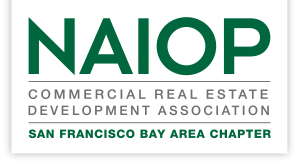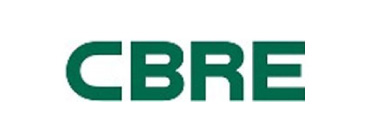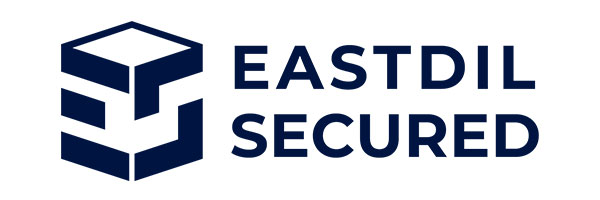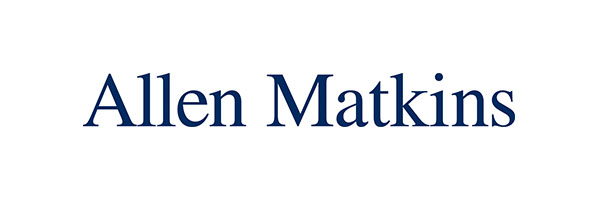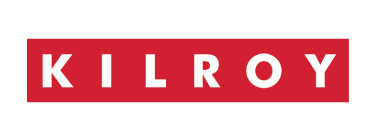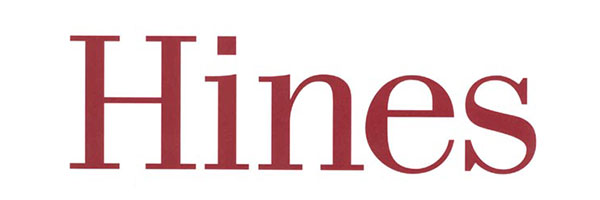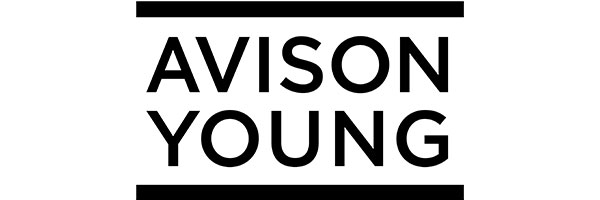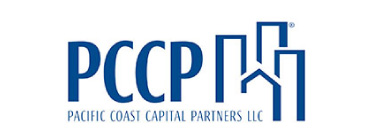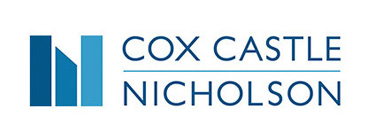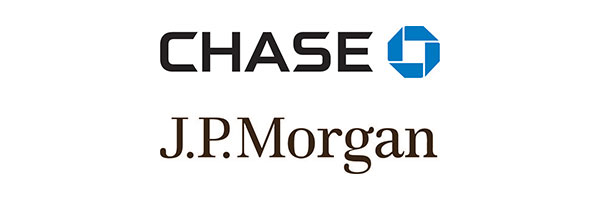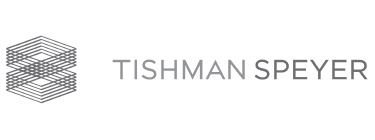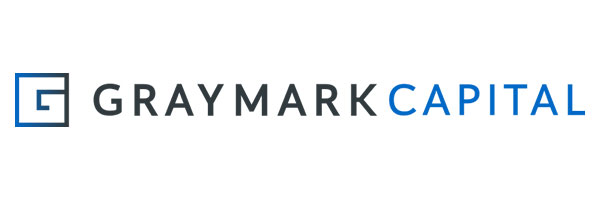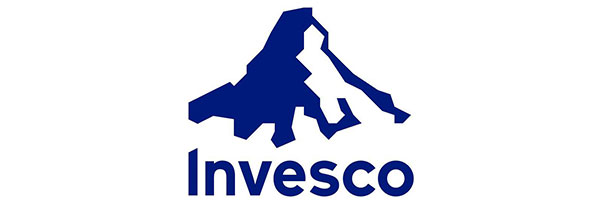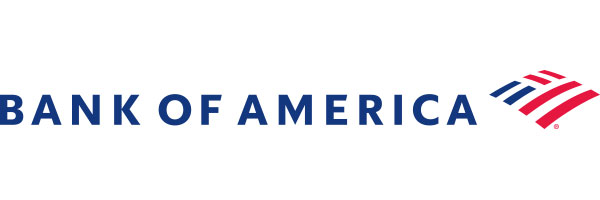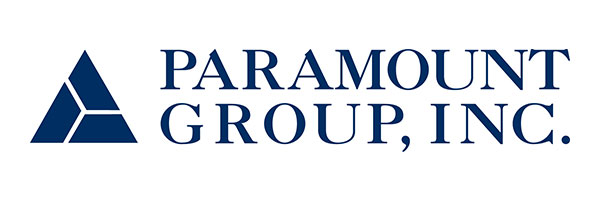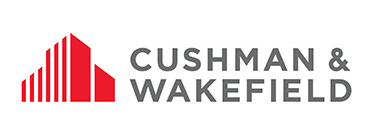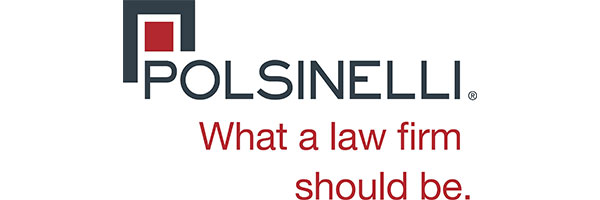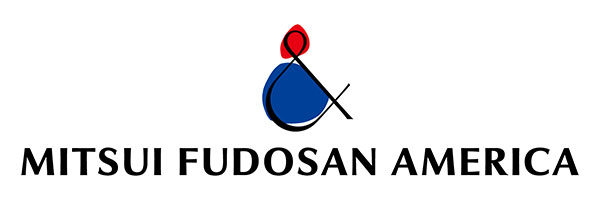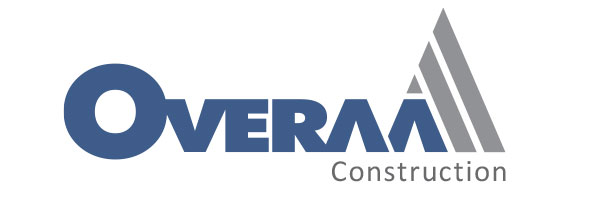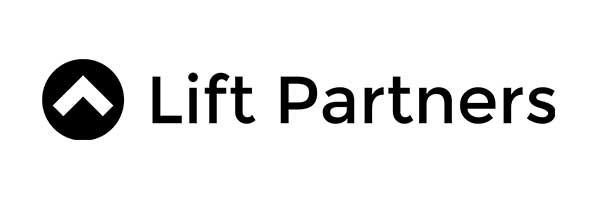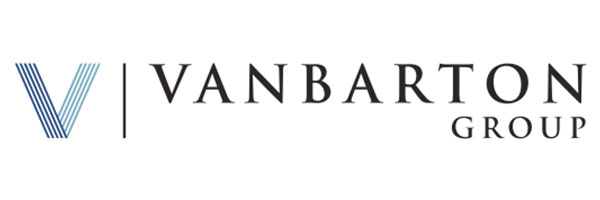CBPA'S California Legislative Update 4/9/2021
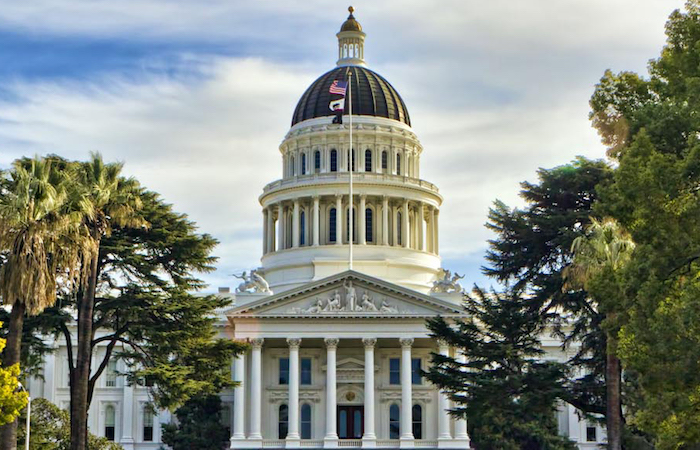
- INDUSTRYWIDE LEGISLATIVE MEETING!
- AB 1547 AMENDED - WAREHOUSE BUILDING WILL GET MUCH HARDER
- GREEN BUILDING STANDARD CODE – EV CHARGING
- COVID-19 EMERGENCY SMALL BUSINESS EVICTION AND RENT RELIEF ACT
- CBPA 2021 CALENDAR
INDUSTRYWIDE LEGISLATIVE MEETING!
Yesterday on Zoom over eighty leaders/experts from the commercial real estate industry gathered to review more than 540 pieces of legislation that may impact your business.
Legislators have introduced over 2,400 bills, since January, and all of those bills have been reviewed and analyzed by multiple committees of experts representing owners and/or managers of retail, industrial, office, and mixed-use properties; we also had several lawyer’s expert in environmental law, leasing and escrow, and energy. Together, positions were discussed and adopted so set the direction for the representatives of commercial real estate in Sacramento.
This year, measures on commercial “rent relief,” warehouse restrictions, indirect source rules, energy efficiency of new and existing buildings, seismic retrofits, electric vehicle charging stations, solar and photovoltaic policy, water conservation, wildfire, public access to your restrooms, CEQA, collective bargaining, are all under consideration in the Legislature.
Please help us thank everyone that is giving up a day to give back to the industry by providing analysis and discussion on bills that have the potential to impact our bottom line.
AB 1547 AMENDED - WAREHOUSE BUILDING WILL GET MUCH HARDER
Assemblymember Eloise Gomez Reyes (D-Gran Terrance) has amended AB 1547 with language that many warehouse owners and tenants believe will continue to drive companies out of the State of California.
The bill will be heard next week, and we are working with a group of business groups and labor groups to oppose the measure.
AB 1547 is a policy that will make it very difficult to operate any type of warehouse or logistics center as it will give unprecedented tools to NIMBY groups to fight new projects, including requiring a higher level of CEQA review.
As amended, AB 1547 will require local governments, before approving a warehouse development project, to take certain actions to identify and address the potential environmental impacts of the project and to ensure public participation by residents affected by the project on the consideration of the project governments, this bill would impose a state-mandated local program.
* Requiring that the facility be at least 3,000 yards (1.7 miles) from a “sensitive land use” (undefined);
* A cumulative analysis of air impacts, including other sources and air quality impacts from reasonably foreseeable future projects
* require all onsite equipment to be electric powered
* require all off-road construction equipment meet tier 4 emission standards
* require all loading and unloading docks and cold storage trailer spaces have electric power
* require additional public meeting and notice requirements, including a scoping meeting within one mile of the project site, either on the weekend or between 5-8pm on a weekend at which the agency must describe the environmental impacts and take comment on social and environmental impacts
Many industrial warehouse facilities and logistics center employ many of these tools already in how they operate their facilities. And our industry tries to be good neighbors and address issues that come up with local government and nearby residents.
However, this type of statutory mandate on all facilities, will potentially be used as a cudgel to stop projects that some simply don’t want in an area. Logistics centers and warehouses are extremely important to the state’s economy – and getting food and goods to people’s homes and stores – we are concerned this bill could hamper operations, push them even further away from urban areas, and make everything more expensive.
The bill will be heard in the Assembly Natural Resources Committee on Wednesday, April 14 and we will oppose the bill.
GREEN BUILDING STANDARD CODE – EV CHARGING
The California Department of Housing and Community Development (HCD) will present proposed changes, specifically related to electric vehicle charging, for the 2022 CALGreen Code, at a meeting on April 12, 2021, from 2:00 p.m. - 4:00 p.m..
If you own or manage multi-family property this code WILL AFFECT YOU and we encourage you to participate and provide feedback.
The online meeting is limited to 250 people so make sure you call in early, to 916-535-0998 and use Conference ID: 886 941 744# or click here to join via Microsoft Teams.
For more information, visit the Building Code Development and Adoption webpage.
COVID-19 EMERGENCY SMALL BUSINESS EVICTION AND RENT RELIEF ACT
AB 255 (Muratsuchi; D-Torrance) was amended late last week and is now dubbed the “COVID-19 Emergency Small Business Eviction and Rent Relief Act.” Initial language for this bill mirrored provisions of SB 939 from last year, a measure that was deemed so unconstitutional and unworkable, it didn’t get out of it house of origin.
Over the past two months we have worked closely with the author and many of the more objectionable items from SB 939 have been removed from the bill, and we very much appreciated the author’s diligence in working with our industry to address those items.
However, because the bill asks commercial landlords to go without rent for an extended period of time and removes the use of Unlawful Detainer in some circumstances, we will need to continue to work with the author to assure it doesn’t disadvantage one side of the business-to-business transaction.
We are also worried that as the bill is written it will create a disincentive for businesses that have receive state/federal COVID grants from paying their rent in order to prioritize and pay other debt. That is fundamentally unfair and will set a dangerous precedent.
Here is a quick summary.
* Allows a commercial tenant with a decrease in average monthly gross revenue of 50% or more due to COVID to request rent relief for any debt accrued between March 1, 2020, and August 1, 2021, from its landlord by filing a “certificate of hardship”.
* Commercial tenant is defined as: A company or nonprofit with no more than 50 employees and gross revenues not exceeding $5,000,000.
* Requires a landlord that receives a certificate of hardship from a commercial tenant, to conduct a “good faith negotiation to form a plan to allow the commercial tenant a reasonable opportunity to repay COVID-19 lease debt while minimizing the hardship to the landlord.”
* Contains a hardship provision for the landlord if the rent relief would subject “the landlord to significant risk of default on their own financial obligations.”
* Protects a tenant that has paid at least 25% of rent during the time period from lease termination and unlawful detainer proceedings until August 1, 2022.
Your analysis/feedback and position recommendation on this version of the bill is appreciated and needed ASAP. The bill will be heard in policy committee in late April, which means we need to move quickly.
Click the bill to read the actual bill language: AB 255
CBPA 2021 CALENDAR
Thursday, April 8, 2021
Industrywide Legislative Committee Meeting
Zoom
Tuesday-Wednesday, June 8 – 9, 2021
California Commercial Real Estate Summit
& CBPA Annual Board Meeting
Zoom
Thursday, October 21, 2021
Industry Awards Dinner
The Renaissance Hotel, Newport Beach
Thursday-Friday, December 2 - 3
Strategic Issues Conference & CBPA Board Meeting
Embassy Suites, Napa Valley
For more information on any of our events, please contact Melissa Stevens at 916-443-4676 or mstevens@cbpa.com.
